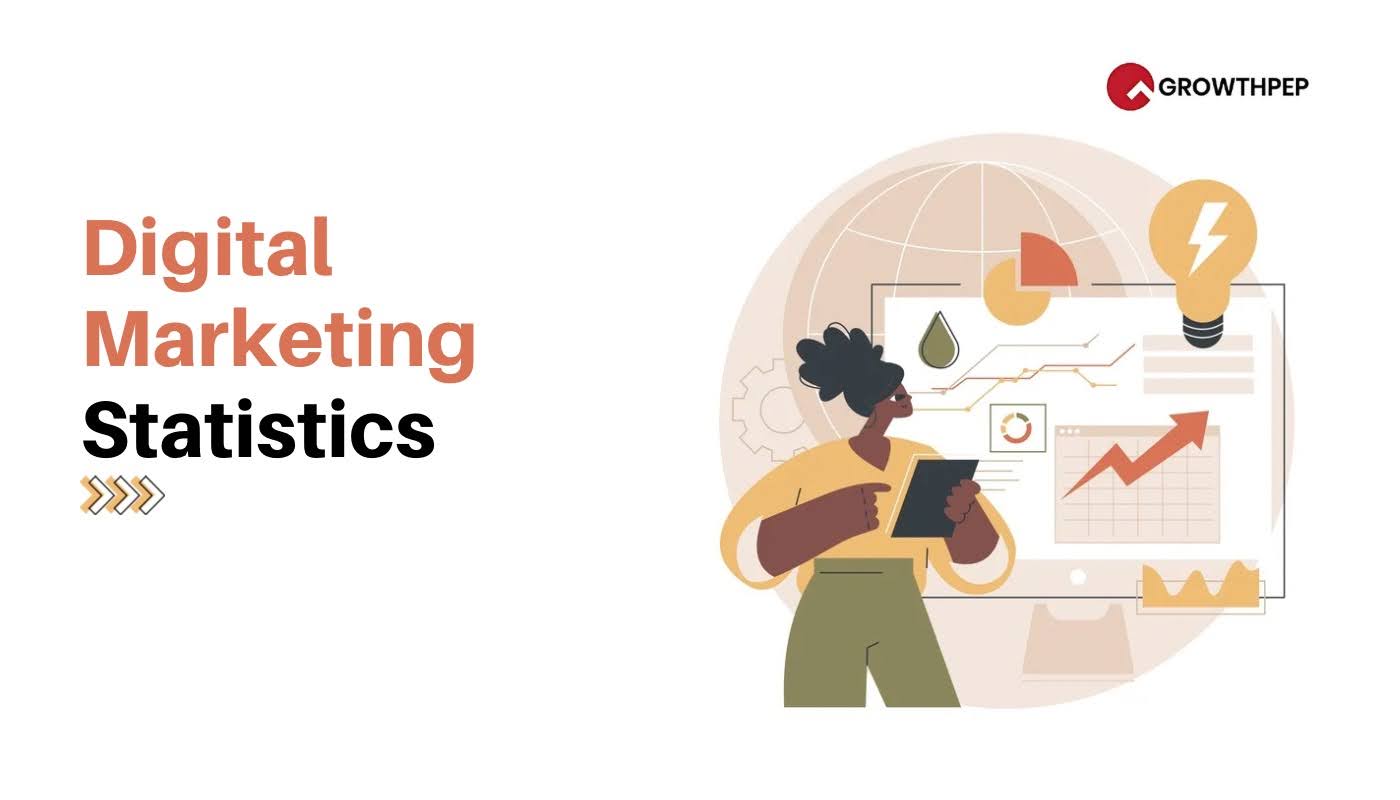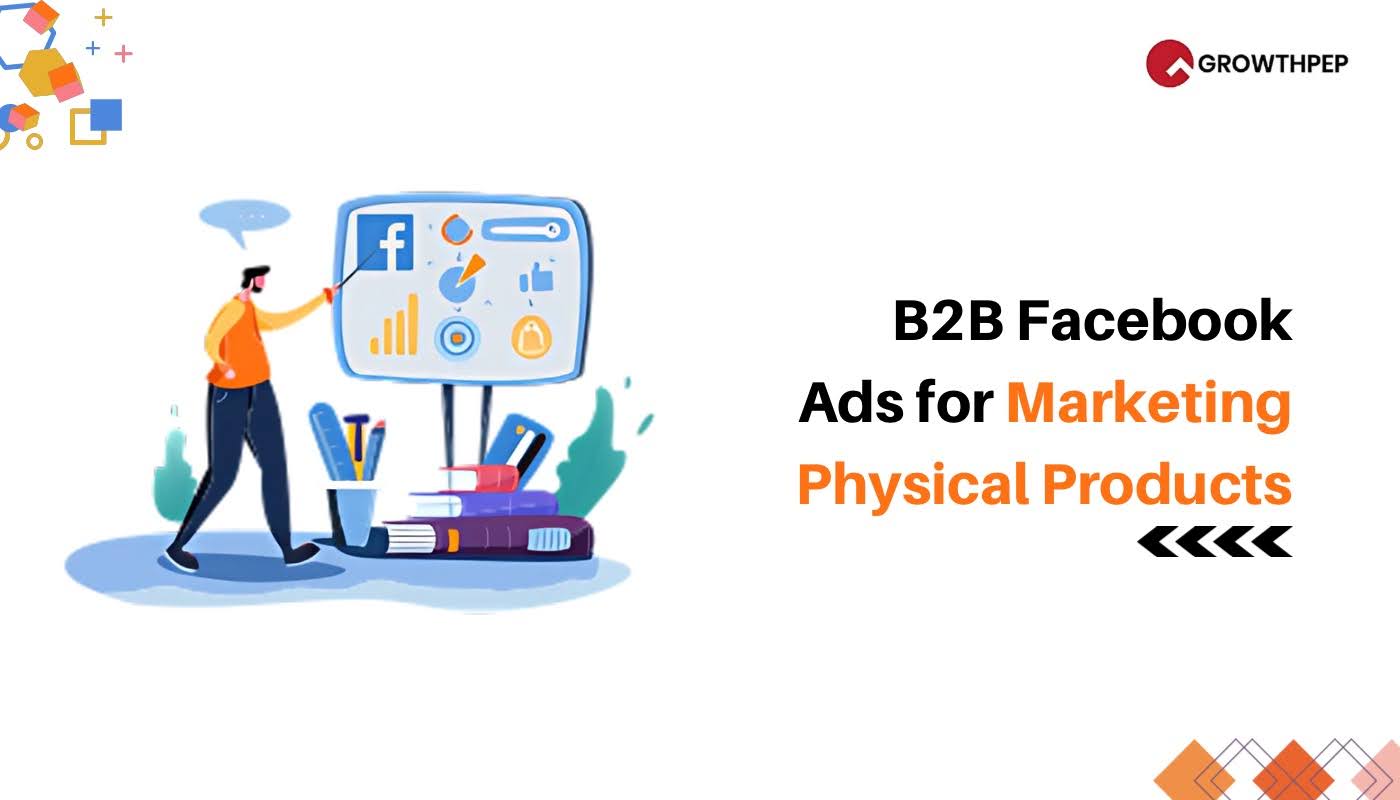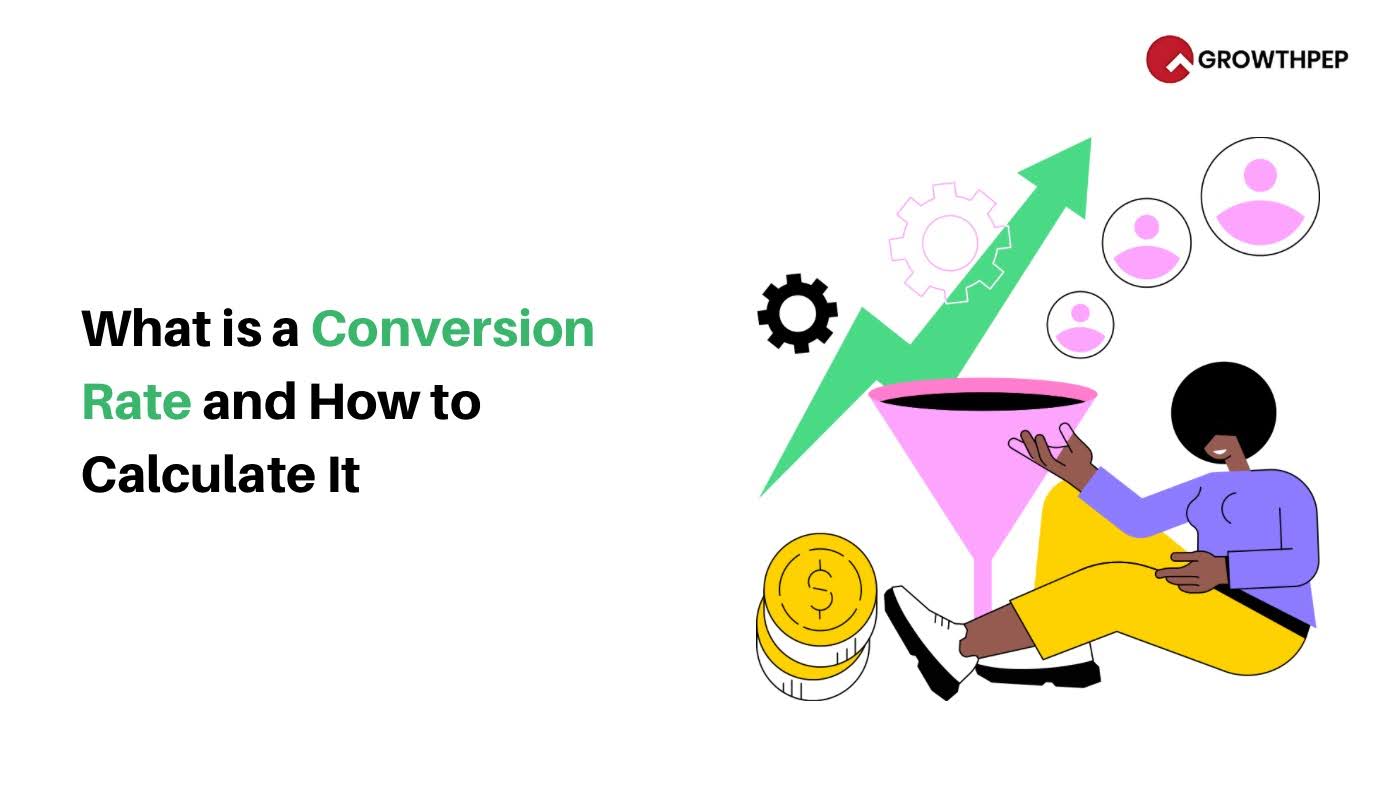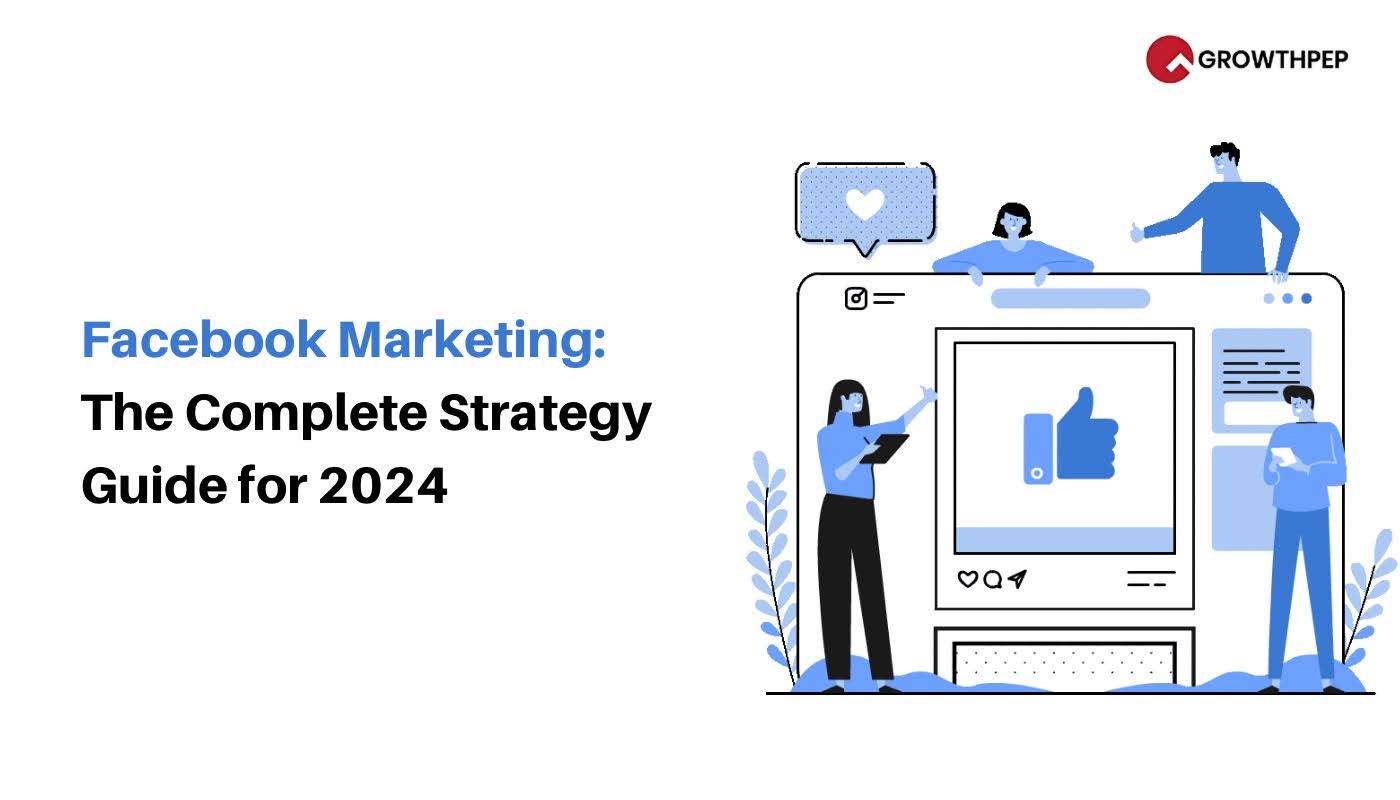Understanding the Basics of Google Ads and PPC Marketing
Have you ever wondered if a black hole is swallowing your marketing budget? Let’s examine Google Ads and PPC!
Google Ads PPC isn’t just another advertising tool—it’s a powerful engine for growth, especially for founders and business owners of SMEs and startups. If you’re in the e-commerce space or offer services online, mastering PPC can be the difference between simply getting by and scaling your operations effectively.
Whether you’re focused on rigorous A/B testing to refine your strategy or need comprehensive digital marketing solutions integrated with platforms like Shopify and WooCommerce, Google Ads PPC offers a targeted approach to reach your ideal customers while maximizing every dollar spent. In this blog, we’ll break down the essentials of PPC marketing, from setting up your first campaign to optimizing it for peak performance, ensuring that your business survives in today’s competitive market. With over 8.5 billion daily searches, Google provides an unparalleled platform for reaching your audience through strategic PPC advertising.
In this blog, we’ll provide a comprehensive overview of PPC marketing, explore how it works, and guide you through effectively setting up and managing a Google Ads campaign, ensuring every dollar you spend drives measurable growth.
What is PPC?
PPC (pay-per-click) is a highly effective online advertising model where advertisers pay a fee each time their ads are clicked. Unlike traditional advertising methods that charge a flat fee regardless of engagement, Google Ads PPC allows businesses and digital marketers to invest strategically in targeted website visits or app visits. This model is especially beneficial for business leaders in e-commerce, performance marketing professionals, and startups aiming to reach specific audiences while optimizing their marketing spend.
For digital marketers focused on ROI-driven strategies, PPC’s effectiveness is often measured by the return on investment (ROI). For example, if an advertiser pays $3 for a click that leads to a $300 sale, the profit margin is significant, making PPC a compelling choice for startups and SMEs looking to scale efficiently.
When executed effectively, the fee paid for a click becomes trivial compared to the profit generated from the visitor’s actions on your site, such as making a purchase or filling out a contact form. PPC ads can take various forms, including text, images, and videos, and they can appear on search engines, websites, and across social media platforms, making it a versatile tool for marketing professionals seeking to use a broad range of digital channels.
Now that we’ve covered the basics, let’s explore how PPC advertising functions more deeply.
How Does PPC Advertising Work?
PPC advertising operates on a straightforward principle: advertisers bid for ad placement in a search engine’s sponsored links when someone searches for a keyword related to their business offering. However, setting up a successful Google ads PPC campaign involves several key steps:
- Choosing the Right Campaign Type: Start by selecting the type of campaign that aligns with your advertising objective, whether it’s driving traffic to your website, increasing app downloads, or generating leads.
- Refining Settings and Targeting: Fine-tune your campaign by setting specific audience demographics, choosing the devices on which your ads will appear, selecting geographic locations, and scheduling when your ads will run.
- Setting a Budget and Bidding Strategy: Decide on a daily or monthly budget and choose a bidding strategy that aligns with your goals, such as maximizing clicks or targeting a specific cost-per-acquisition (CPA).
- Providing a Destination URL: Link your ad to a relevant landing page that matches the targeted keyword’s intent. The landing page should be optimized for conversions.
- Building the Ad: Create an ad that is compelling and relevant to your target audience. Depending on your campaign type, this could include text, display, or video ads.
- Ad Placement and Cost Determination: Your ad placement and cost per click (CPC) are determined algorithmically based on your budget, bid, and campaign settings. Advertisers with high-quality, relevant ads may pay less per click and receive better ad placement.
- Quality and Relevance Rewarded: Search engines like Google reward highly relevant and high-quality ads with higher ad positioning and lower costs. This is achieved by maintaining a high click-through rate (CTR), using targeted keywords, and ensuring your landing page is user-friendly.
Growthpep can assist you in identifying and targeting the optimal audience segments, ensuring your ads only reach those most likely to convert.
Furthermore, let’s learn about Google Ads.
What is Google Ads?
Google Ads PPC, formerly Google AdWords, is today’s most popular and influential PPC advertising system. It offers e-commerce business leaders, digital marketers, and marketing professionals the opportunity to create ads that appear across Google’s extensive network, including Google’s search engine, YouTube, Google Display Network, and Gmail. The platform is meticulously designed to help businesses reach their target audience precisely when they are searching for products or services similar to what they offer.
Google Ads PPC campaigns operate on a sophisticated bidding system, where advertisers select specific keywords that trigger their ads. The placement of these ads isn’t just about how much you’re willing to pay; it’s also about relevance. Google uses a Quality Score—a critical metric that digital marketers should pay close attention to—which measures the relevance and usefulness of your ad to the user. This score is determined by click-through rate (CTR), ad relevance, and the landing page experience.
For startups and SMEs, a well-optimized ad with a high-quality score can secure a prime placement at a lower cost, maximizing your budget. This makes Google Ads an indispensable tool for marketing professionals looking to optimize campaigns across various digital platforms and achieve the best possible ROI.
So, let’s get into the nitty-gritty of how Google Ads ensures your Google Ads PPC campaigns hit the mark.
How PPC Works in Google Ads
Understanding how PPC works within Google Ads is essential for running successful campaigns. Here’s a step-by-step breakdown:
- Choosing Keywords and Placing Bids: Advertisers select relevant keywords for their business and place bids on those keywords. The bid is the maximum amount they will pay for a click on their ad.
- Quality Score: Google assigns a Quality Score to each keyword based on the ad’s relevance, the expected CTR, and the landing page quality. A higher Quality Score leads to better ad positions at a lower cost.
- Ad Rank Determination: Ad Rank is calculated by multiplying the Quality Score by the maximum bid. Ads with the highest Ad Rank are more likely to appear prominently on the search results page.
- Ad Placement: The ads with the highest Ad Rank are displayed, with the top spots typically going to the ads with the best combination of bid and Quality Score. This ensures that users see the most relevant ads for their searches.
Now, let’s walk through the steps to set up a killer Google Ads campaign of your own.
Setting Up a Google Ads Campaign
Creating a Google Ads campaign involves several steps. Following these, you can set up a campaign that effectively targets your audience and achieves your business objectives.
- Create a Google Ads Account: If you don’t already have one, start by signing up for one. This will give you access to all the tools needed to create and manage your Google Ads PPC campaigns.
- Identify Target Search Terms: Conduct keyword research to identify the search terms that are most relevant to your business and have the potential to drive traffic to your site. Tools like Google Keyword Planner can be invaluable in this process.
- Create Your Ad: Use the Google Ads interface to create your ad. Write compelling ad copy that includes your target keywords and communicates your value proposition. If you generate display or video ads, ensure your visuals are engaging and relevant to your audience.
- Set a Daily Advertising Budget: Decide how much you will spend each day on your campaign. Google Ads allows you to set a daily budget, ensuring you never pay more than you intend.
- Measure Campaign Success: Track the performance of your ads using metrics like ad views, CTR, and conversion rates. This data will help you refine your campaign to improve its effectiveness over time.
Growthpep’s expert team can craft compelling ad copy and engaging visuals that resonate with your target audience, driving higher engagement and conversions.
Speaking of keywords, let’s talk about how to find the best ones for your campaign.
How to Do Effective PPC Keyword Research
Keyword research is the foundation of any successful Google Ads PPC campaign. Without the right keywords, your ads may not reach the right audience, or you may end up paying too much for clicks that don’t convert.
- Importance of Keyword Research: Effective keyword research helps you identify the terms your potential customers use to search for products or services like yours. By targeting these keywords, you can ensure that your ads are seen by people most likely to be interested in your offer.
- Continuous Growth and Refinement: A successful PPC keyword list is always dynamic. Continuously growing and refining your keyword list is crucial to adapting to changing search behaviors and staying ahead of your competitors.
- Characteristics of an Effective PPC Keyword List: A good PPC keyword list is relevant, exhaustive, and expansive. It should include the most apparent and long-tail keywords, which are more specific and often less competitive, leading to a higher conversion rate.
Alright, you’ve got your keywords—now let’s discuss how to manage and optimize your PPC campaigns for ongoing success.
Managing Your PPC Campaigns

Once your Google Ads PPC campaign is up and running, ongoing management is essential to ensure its effectiveness. This involves monitoring performance, adjusting, and optimizing your ads and keywords.
- Regular Campaign Management: Regularly check the performance of your campaigns to identify what’s working and what isn’t. This allows you to make informed decisions about where to allocate your budget.
- Optimize by Adding PPC Keywords: Continuously add new keywords to your campaigns to reach a broader audience. Look for variations of your existing keywords and new opportunities based on emerging trends.
- Add Negative Keywords: Negative keywords are search terms for which you don’t want your ads to appear. By adding negative keywords, you can improve the relevancy of your ads and reduce wasted spend on clicks that are unlikely to convert.
- Review Costly Keywords: If specific keywords drive up costs without generating conversions, consider pausing or lowering your bids. This can help you focus your budget on the most effective keywords.
- Refine Landing Pages: Ensure your landing pages are optimized for your target keywords. The content should match the user’s search intent and provide a clear call to action.
- Split Ad Groups for Better Performance: Consider splitting large ad groups into smaller, more targeted groups. This can lead to higher CTRs and better Quality Scores, ultimately improving your campaign’s performance.
Growthpep’s continuous campaign optimization service monitors real-time performance metrics and makes the necessary adjustments to keep your campaigns running at peak performance.
Conclusion
Google Ads PPC marketing is vital for businesses, particularly startups and SMEs, aiming to scale through targeted online advertising. Mastering PPC fundamentals and optimizing your campaigns can maximize ROI and achieve your business goals.
Partner with Growthpep, an ROI-driven performance marketing agency dedicated to scaling your revenue through strategic ad campaigns across platforms like Facebook, Google, and Amazon. Growthpep’s expertise in lead generation, A/B testing, and e-commerce integration with platforms like Shopify ensures your campaigns are data-driven and result-oriented.
Their partnership approach guarantees that your success is their success. They deliver measurable growth through comprehensive digital marketing solutions. Whether you’re refining your strategy or need creative support, Growthpep is committed to driving substantial results.
Don’t just settle for incremental growth—aim for exponential results. Contact us today and get started!






